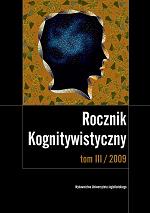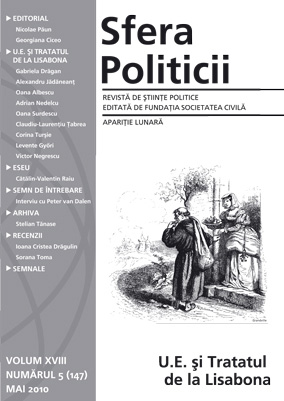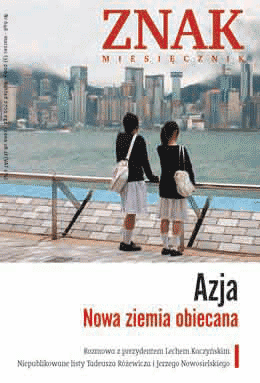
Czy kiedyś każdy myślący człowiek będzie mógł tworzyć aplikacje komputerowe?
Czy kiedyś każdy myślący człowiek będzie mógł tworzyć aplikacje komputerowe?
Keywords: kognitywistyka; komunikacja społeczna; język; psychologia poznawcza; logika; filozofia; neurobiologia; humanistyka
Nie byłoby współczesnej informatyki, gdyby nie prace nad rozwojem języków formalnych. Nikt dziś nie wyobraża sobie pisania programu użytkowego w kodzie maszynowym czy nawet w asemblerze. Znaczne zmiany zaszły zarówno w sferze samej składni języków, ich abstrakcji, jak i w sposobie posługiwania się nimi. W artykule pokrótce został zaprezentowany temat przeobrażania się języków programowania oraz ewolucji paradygmatów. Omówiono także kwestie reprezentacji opisu składni języków formalnych – zarówno gramatyk, jak i alternatywnych konstruktów. Głównym celem artykułu jest ukazanie współczesnych kierunków rozwoju języków, w szczególności wizualnego podejścia do tworzenia oprogramowania, oraz próba udzielenia odpowiedzi na pytania: dokąd zmierza ewolucja języków w informatyce? czy informatyka odnalazła już swój język? czy kiedyś każdy myślący człowiek będzie potrafił stworzyć aplikację komputerową, nie będąc programistą?
More...

